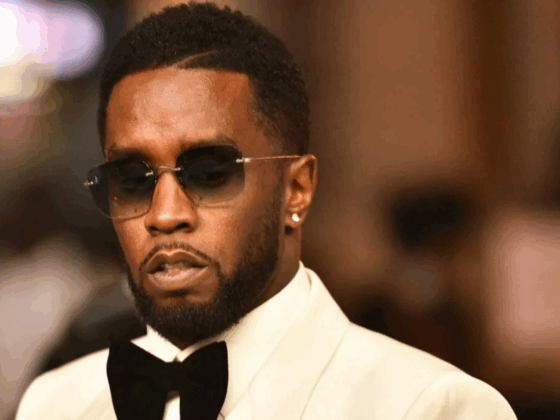
It is no secret that artificial intelligence, deep fake technology and other tools are quickly shaping the public’s relationship with music, movies, television, fine art and much more. At one moment, a video of Joe Biden rapping Ice Spice lyrics may pop up on the timeline. Moments later, a music video of Kendrick Lamar shifting into notable figures throughout history may pop up on YouTube. As this all shakes out in real time, there will be issues that arise.
Recently, a clip of a man using a “Kendrick Lamar voice filter” to create audio tracks made its way around YouTube, Twitter and other social media platforms. Ultimately, the clip found it way to the legendary engineer Young Guru. While Young Guru didn’t take shots at the man in the viral clip, he did put together a lengthy Instagram post articulating his fears regarding the future of artificial intelligence in music and beyond.
“This has dominated my Howard group chat for a couple [of] days. Ok, I’m at the point where I can voice my concerns with our current state of AI,” he wrote.
“I didn’t think we would get here this fast with the voice. Of course, my mind goes to the ethical and legal aspects of what can be done with programs like Tacotron 2. You add that to the power of ChatGPT and you realize we are in a very groundbreaking but dangerous moment. It’s not the tech, it’s the evil that men do with the tech.”
Young Guru did not simply stop there. As he continued, he pointed out several different ways in which artificial intelligence can be used to harm others or exploit the unique gifts of creatives.
“There are legal aspects because, at this present moment, you can’t copyright a voice,” he explained.
“You can copyright a song, or a speech but not the voice itself! You can literally create a song or an album in the voice of your favorite musician. And this is just music. The ability to create a Manchurian Candidate scares me.”
Young Guru’s concerns do not end with the use of artificial intelligence in music. He has also theorized how this technology could be used amongst adolescence for less-than-ideal purposes.
“There are still states that don’t even have a law against revenge porn. I’m sorry to go there but imagine the repercussion on our kids when 5 years from now some high school kid gets mad at his ex-girlfriend and creates a whole ‘deep fake’ that sounds and looks real,” he continues.
“I don’t even want to continue giving examples for fear that someone will go out and do it. The law has to change to protect everyone, not just public figures.”






